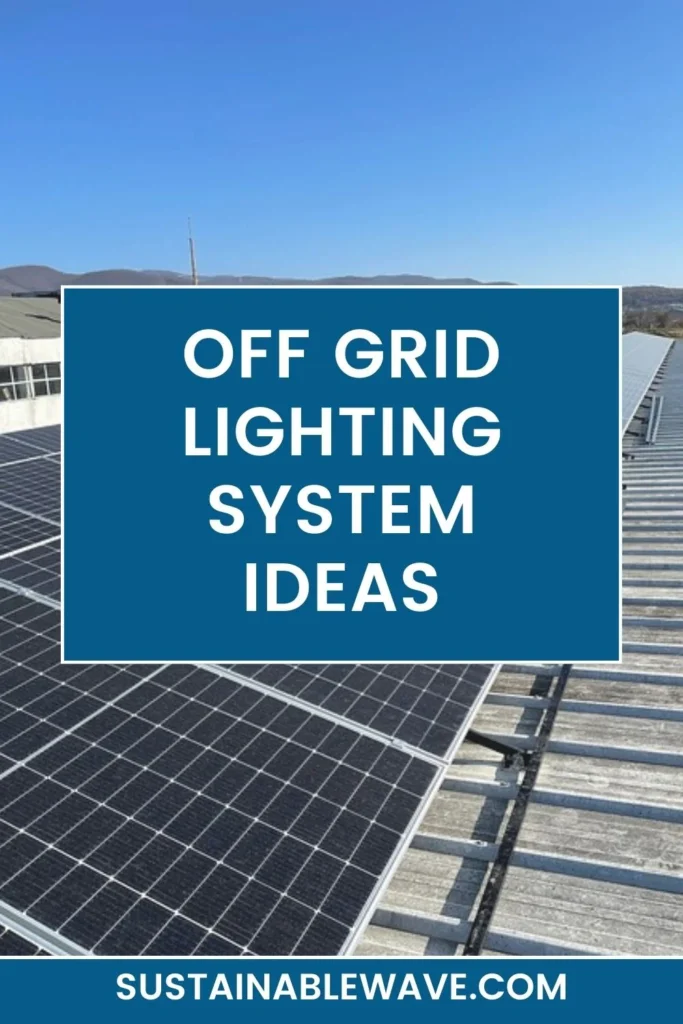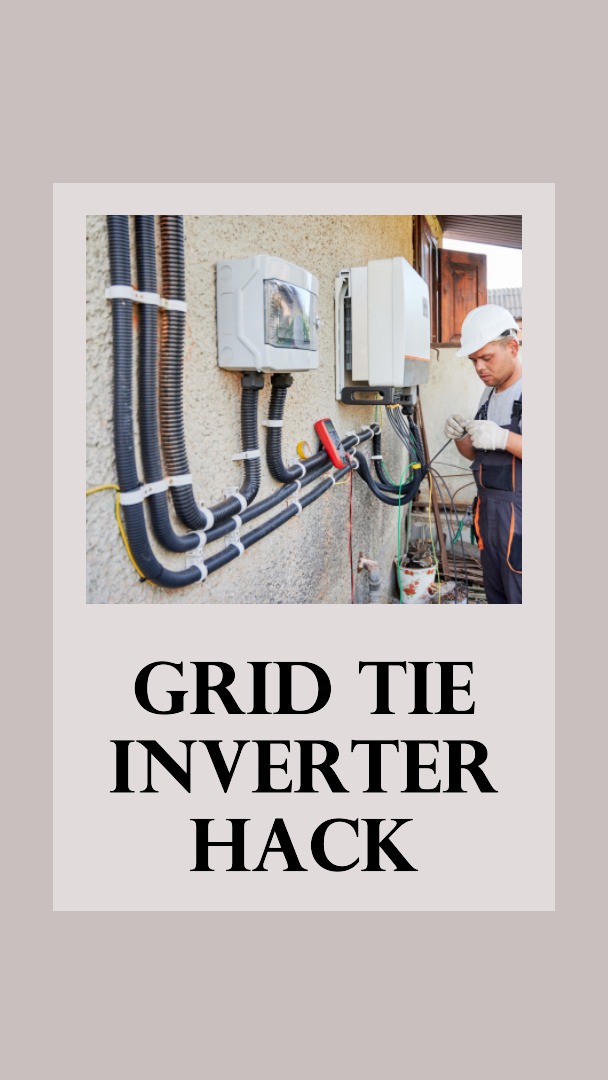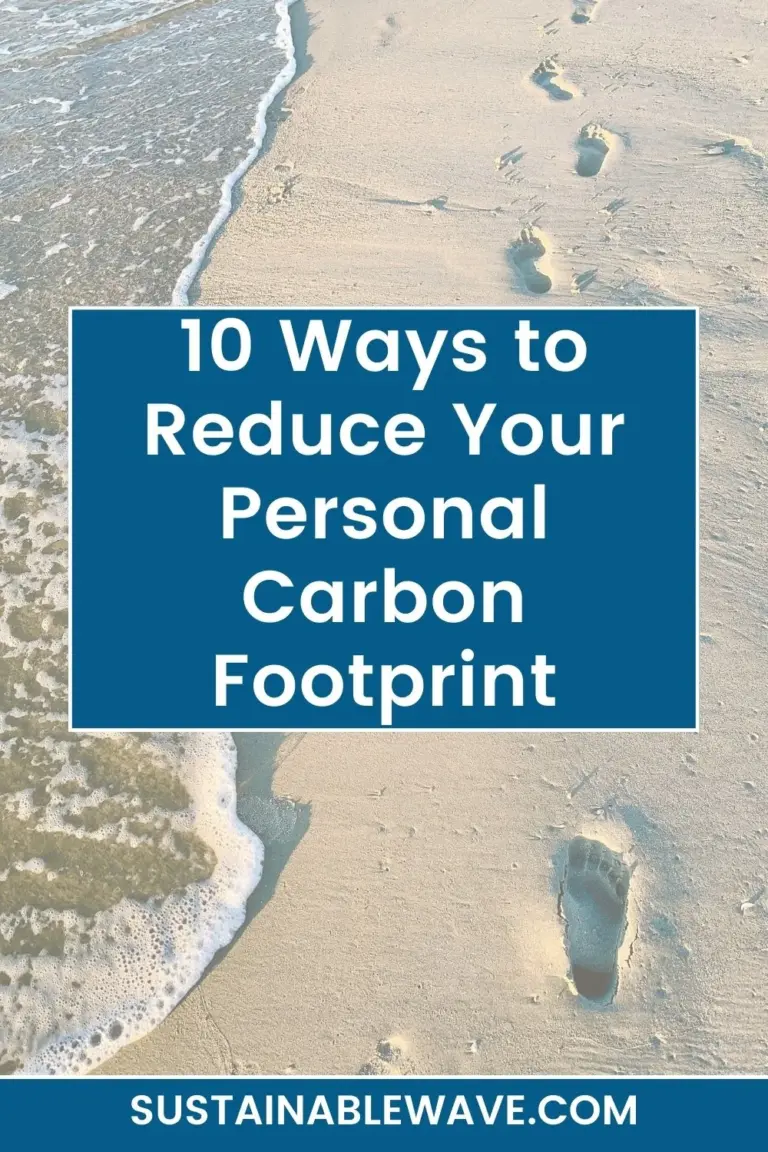Embarking on an off-grid adventure means embracing a lifestyle where self-sufficiency is key, especially when it comes to lighting your cozy retreat. The thought of settling into a remote haven, illuminated by the gentle glow of solar-powered lights, is both enchanting and practical. But how do you achieve this without breaking the bank or running a noisy generator all night?
The secret to the best off grid lighting system lies in understanding the nuts and bolts of solar power systems tailored for minimalistic needs like a couple of lights and a TV. It’s about using the sun’s energy smartly and efficiently, ensuring those quiet evenings are bathed in just the right amount of light.
But allow me to help you get some specific ideas for running your own off grid lighting system.
Solar Power Options for Off Grid Lighting Systems

Imagine the tranquility of your own home, nestled in the woods, with the gentle hum of nature around you. Now, picture it lit warmly by the power of the sun, a testament to both your connection to nature and your ingenuity.
Solar power for lighting isn’t just an eco-friendly choice; it’s a personal statement. The charm lies in finding that sweet spot – a setup that’s both cost-effective and efficient. You might start with a basic solar kit, maybe a couple of 100-watt panels coupled with lead-acid batteries, enough to keep the lights on and TV running for those movie nights.
But remember, the key is in the details. The right inverter, the capacity of your batteries, and the total wattage – all these elements come together to create a fully functioning system.
Questions To Consider for an Off Grid Solar System Setup
Setting up a solar system for your off-grid living is akin to crafting a bespoke suit – it needs to fit your specific requirements perfectly.
Before diving in, pause and ponder over some crucial questions.
- How often will you be there?
- Does your place bask in the southern sun, or is it nestled in a shady nook?
These aren’t just idle musings; they’re the foundation of your solar setup.
In colder climates, for instance, you need to ensure your batteries can brave the chill. And on those days when the sun plays hide and seek, would you consider using your generator to keep the batteries topped up?
It’s all about striking a balance between your home’s unique characteristics and your energy needs. This thoughtful approach extends to the installation as well – whether to mount the panels permanently or opt for something more flexible. In essence, it’s about tailoring the solar setup to fit the rhythm of your life seamlessly.
Recommendations from Experienced Users
Navigating the world of off grid lighting solutions can be as daunting as it is exciting.
But fear not, for the collective wisdom of those who have walked this path is a beacon in the dark. They’ve tinkered, experimented, and refined their setups, emerging with practical nuggets of advice:
- Choosing the Right Battery: Opt for a deep cycle 12V battery. It’s crucial for storing solar energy effectively.
- Inverter Insights: A 500-watt inverter, preferably a modified sine wave type, should suffice for basic lighting and TV needs.
- Solar Panel Specifications: Aim for a panel that can recharge your battery during the day. A 250 to 300-watt panel is a good starting point.
- LED Lighting: It’s energy-efficient and stretches your battery life.
- Battery Usage and Charging: Monitor power usage. Ideally, use less than 25% of the battery capacity daily and recharge it by at least 50%.
- Emergency Recharging: Have a plan for days with poor sunlight. Connecting the battery to a running vehicle is a practical solution.
Alternative Ideas and Security Concerns
While diving into the off-grid lifestyle, it’s wise to consider alternative approaches and security aspects.
These considerations can add layers of convenience and peace of mind to your off grid experience:
- Portable Battery Generators: Ideal for security, as they can be easily moved and used in various locations, including during emergencies at home.
- Winter Solar Panel Optimization: In colder months, maximizing solar panels is essential to ensure adequate power supply.
- Security through Mobility: Considering portable or easily detachable setups can help mitigate theft concerns.
- Dual Use Equipment: Items that can be used both at an off-grid cabin and at home offer greater value and practicality.
- Reliability over Cost: Investing in reliable equipment may have a higher initial cost but ensures better performance and longevity.
- Seasonal Adjustments: Tailor your setup to suit different seasons, particularly if your place experiences extreme weather variations.
Incorporating these alternative ideas and addressing security concerns can significantly enhance the efficiency and safety of your off-grid solar system.
These tips are more than just recommendations; they are the distilled essence of real-life experiences and trials in off-grid living.
Cost-Effective and Reliable Off Grid Lighting System Solutions
Embracing an off-grid lifestyle doesn’t mean you have to compromise on reliability or break the bank. With the right knowledge and a bit of creativity, you can illuminate your off-grid spot efficiently and affordably.
Here are some key points to consider for a cost-effective and reliable off-grid lighting solution:
- 12 Volt LED Bulbs: These are your go-to for energy-efficient lighting. They draw minimal power and last longer, making them perfect for off-grid setups.
- Smart TV Choices: Look for low-wattage TVs, which are energy-efficient yet provide the comfort of entertainment in a cabin or tent.
- Inverter Selection: A good quality inverter, like a Victron 12-volt/250-watt model, is an investment in efficiency and reliability.
- Versatile Charging Solutions: Consider tools like the Ryobi 12-volt charger, which can charge various devices and batteries, adding flexibility to your setup.
- Battery Types: Weigh the pros and cons of different battery types – from lead-acid to LiFePO4. Each has its own set of benefits and ideal use cases.
- Used Solar Panels: Keep an eye out for used solar panels. They can be a cost-effective way to generate solar power without the expense of new panels.
- Sizing Your System: Calculate your energy needs carefully. Oversizing can be unnecessary and costly, while undersizing could leave you in the dark.
- DIY Installations: If you’re handy, installing the system yourself can save costs. Just ensure you have the right knowledge and safety measures in place.
These solutions offer a blend of affordability, reliability, and sustainability, making your off-grid lighting system a beacon of self-reliance and environmental consciousness.

I’m Thomas, the owner of SustainableWave. Passionately promoting a sustainable planet. With experience in various eco-roles, I’ll share green tips, sustainability hacks, and personal eco-journeys on my blog.






